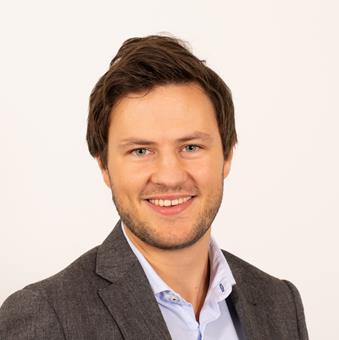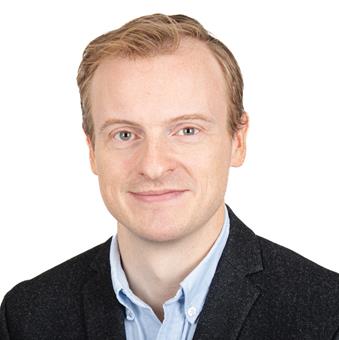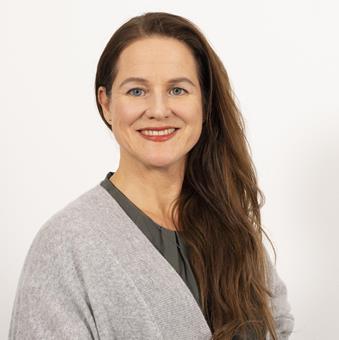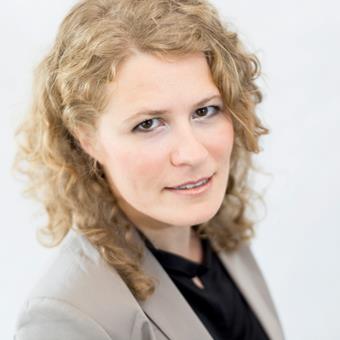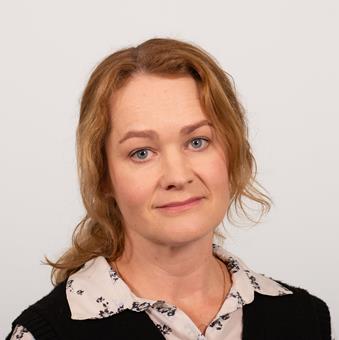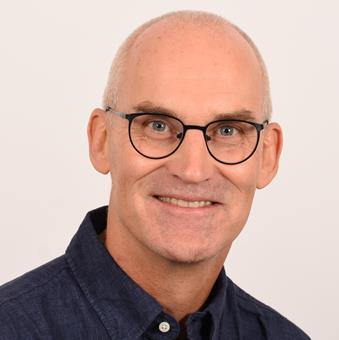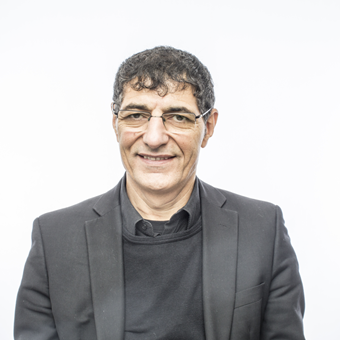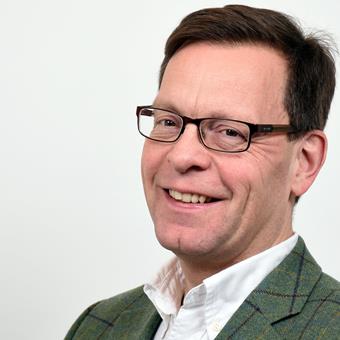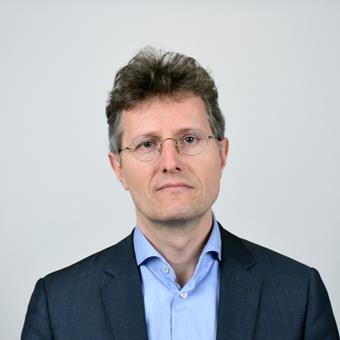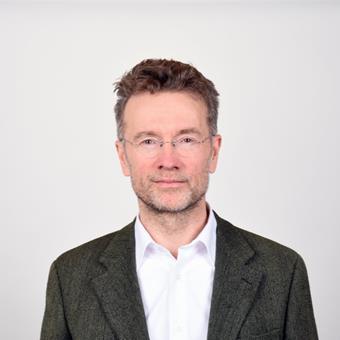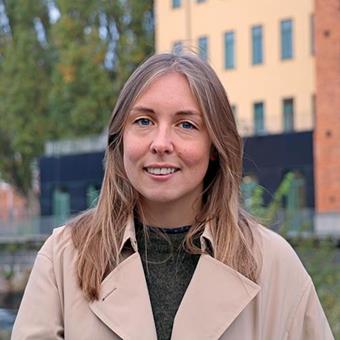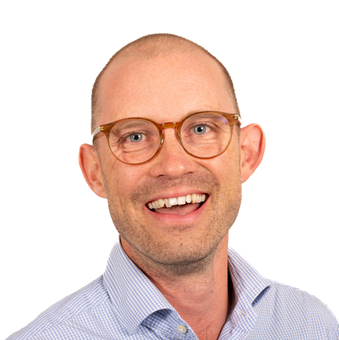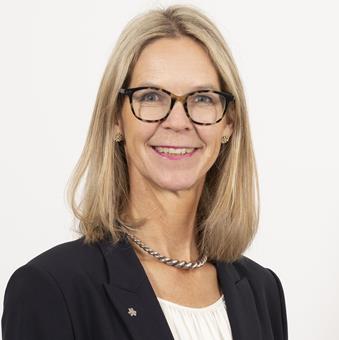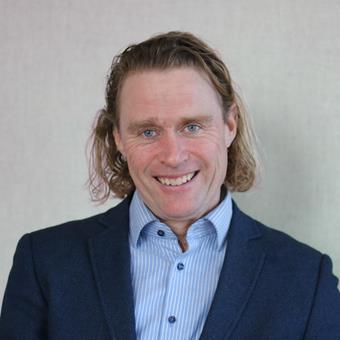Digital exclusion
A considerable part of our public services and information is digitalized. At the same time, many citizens experience problems with using digital tools. Those who rarely use the internet feel significantly less involved in the digital society. What does this mean for their experience of inclusion in society? I study digital inclusion based on case studies of how front-line public servants, so-called street-level bureaucrats, view their room for manoeuvre and their roles in working for digital inclusion of citizens. To give a broader picture, I study and compare street-level bureaucrats from several different parts of the public sector, including schools, healthcare and libraries.
The libraries’ work to breach the digital divide
Currently, I am studying the roles and strategies of library staff in their work to reduce citizens' digital exclusion. Among the tasks assigned to the public libraries in Sweden are that they should work for digitalization and democratic development of society, as well as making knowledge available and possible to grasp for the entire population regardless of differences in resources, background and place of residence.




